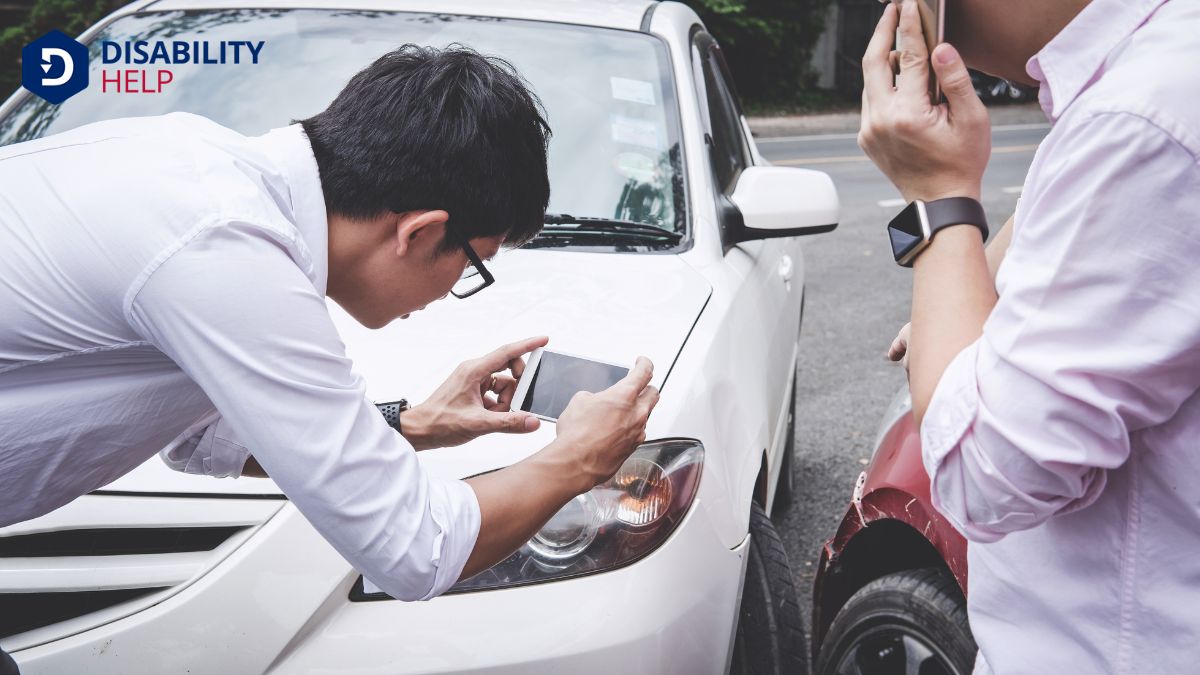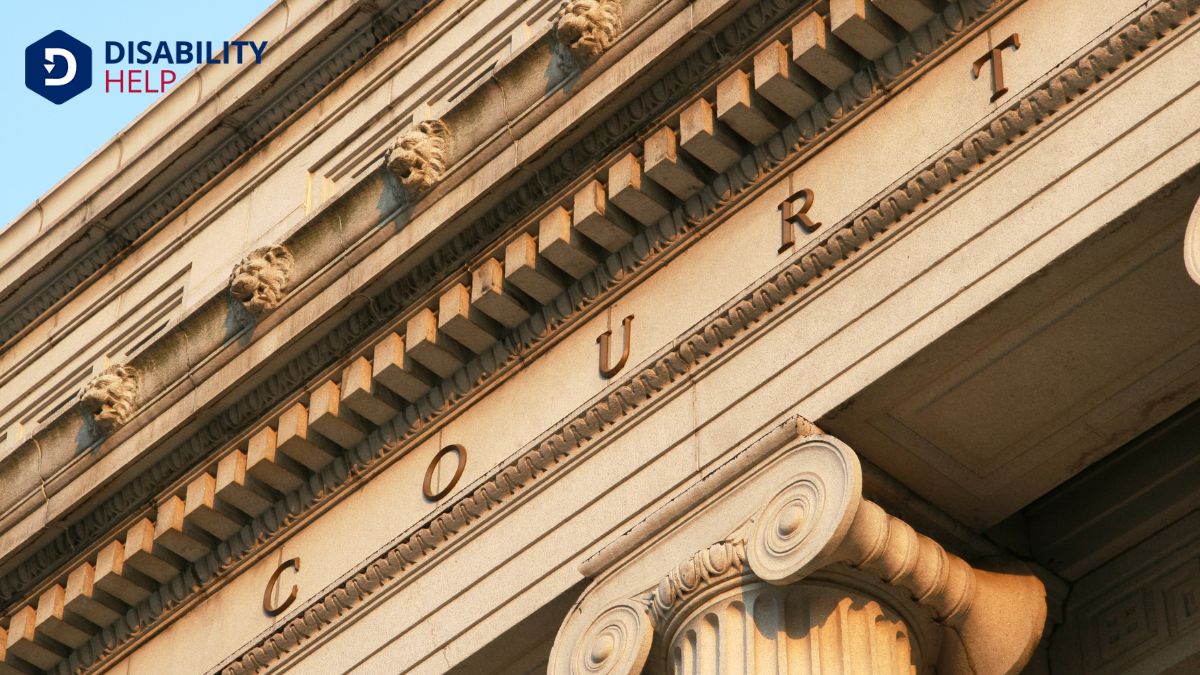When we suffer a personal injury, one of the first questions on our minds is whether we'll need to go to court to receive compensation. It's a common concern, given the time and stress involved in a trial. While many personal injury cases are settled out of court, some situations require us to take legal action to secure a fair outcome. What factors determine this path, and what should we expect? Let's explore further.
Key Takeaways
- Many personal injury cases are settled out of court through negotiations with insurance companies, avoiding the need for a trial.
- Going to trial may be necessary if settlement negotiations fail or the offer is unsatisfactory.
- Trials can potentially yield higher compensation but involve risks, costs, and public exposure of personal details.
- Thorough preparation and strong evidence are crucial for a successful outcome if the case proceeds to court.
- Consulting with a personal injury attorney can help determine if going to court is the best option based on case specifics.
Understanding Personal Injury Claims
When we talk about personal injury claims, we're referring to the legal process where an injured party seeks compensation from the person or entity responsible for their injuries.
It’s essential we grasp that these claims arise from situations where negligenceA legal concept where a party fails to exercise reasonable care, resulting in harm to another person... or intentional harm has occurred, leading to physical, emotional, or financial damage.
We might find ourselves maneuvering this process in cases like car accidents, medical malpractice, or slip and fall incidents.
The goal is to guarantee that the injured party receives fair compensation for damages like medical expenses, lost wages, and pain and suffering.
The Role of Insurance Companies

Maneuvering personal injury cases often involves dealing with insurance companies, who play an important role in the compensation process. When we file a claim, it’s typically the insurance company that assesses our situation and determines the compensation amount. They evaluate medical records, accident reports, and other relevant documentation.
Our goal is to guarantee they offer a fair settlement that reflects our damages and losses. Negotiating with them can be complicated. They've their own interests in mind and might propose a lower offer than we deserve.
It's vital we comprehend our rights and the true value of our claim. If we're unsatisfied with the proposed settlement, we may consider further negotiation or even legal action. Ultimately, insurance companies influence whether our case settles or proceeds to court.
Factors Influencing a Court Decision
When considering whether to settle or go to trial in a personal injury case, we need to weigh several important factors.
The strength and availability of evidence and witnesses can heavily influence a court's decision.
Let's explore how these elements can shape the potential outcomes of our case.
Settlement vs. Trial
Deciding between a settlement and going to trial often hinges on several critical factors that could influence the outcome of a personal injury case.
First, we need to evaluate the potential risks and costs associated with each option. Trials can be lengthy and expensive, often involving attorney fees and court costs. On the other hand, settlements usually save time and money but might result in lower compensation.
We also have to weigh the predictability of a settlement against the uncertainty of a trial verdict. Personal injury cases can be unpredictable, and a jury’s decision may not always be favorable.
Finally, the strength of our case and the willingness of the other party to negotiate can greatly impact our decision.
Evidence and Witnesses
In considering a personal injury case, the strength of our evidence and reliability of our witnesses play crucial roles in influencing a court decision.
We need clear, compelling evidence to support our claims—like medical records, accident reports, or photos of the scene. These documents help establish what happened and the extent of the injuries.
Next, let's focus on witnesses. Their testimony can bolster our case by providing firsthand accounts of the incident. However, it's essential that they're credible and consistent in their statements. Inconsistencies can weaken our position.
We should prepare thoroughly, ensuring our evidence is organized, and our witnesses understand the importance of their role. Together, strong evidence and reliable witnesses noticeably impact the court's decision.
The Process of Settlement Negotiations
Maneuvering the process of settlement negotiations often involves strategic discussions between the parties involved to reach a mutually agreeable resolution without going to court.
First, we gather all necessary information, such as medical records and witness statements, to present a strong case. This helps us understand the strengths and weaknesses of our position.
With this foundation, we exchange initial offers and counteroffers with the opposing party, aiming to find common ground.
Throughout this process, we must remain patient and flexible, as negotiations can involve several rounds of discussions.
By maintaining open communication, we increase our chances of reaching a satisfactory settlement.
Pros and Cons of Going to Trial
While considering whether to take a personal injury case to trial, it's crucial to weigh both the advantages and drawbacks. By going to trial, we might secure a higher compensation if the jury finds our case compelling. Trials can also bring a sense of justice or closure, especially if the injury was significant.
However, trials are unpredictable and lengthy, often lasting months or even years, which can be emotionally and financially draining. There's also the risk of receiving a lower award or losing the case altogether.
Additionally, trials are public, meaning our personal details might become part of the public record. We must carefully evaluate these factors, balancing potential outcomes with the stresses and uncertainties trials bring.
When Mediation or Arbitration Is an Option
Let's explore when mediation or arbitration might be a better option than going to court for a personal injury case.
Mediation offers benefits like cost savings and a quicker resolution, while arbitration provides a more private setting compared to a courtroom.
Mediation Benefits Explained
Steering through the complexities of a personal injury case, many of us might find that mediation offers a less adversarial and often quicker path to resolution.
Mediation provides a collaborative environment where we can openly discuss our concerns with the other party, guided by a neutral mediator. This process empowers us to reach a mutual agreement without the stress and unpredictability of a courtroom battle.
In mediation, we maintain more control over the outcome, which can be tailored to suit our unique needs. It's typically less formal, less costly, and allows for creative solutions that court decisions mightn't provide.
Arbitration vs. Court
How do we decide between arbitration and going to court when faced with a personal injury case?
We should weigh the pros and cons of each option carefully. Arbitration can be less formal and faster than a court trial, but it mightn't offer the same level of transparency or appeal options.
Here are some factors to evaluate:
- Cost: Arbitration can be cheaper than a court trial, but it depends on the arbitrator's fees.
- Time: Arbitration often resolves disputes quicker than the lengthy court process.
- Privacy: Arbitration sessions are private, unlike court trials, which are public.
- Finality: Arbitration decisions are harder to appeal, offering less flexibility if we disagree with the outcome.
Choosing Alternative Methods
When facing a personal injury case, we might consider alternative methods like mediation or arbitration to resolve disputes efficiently. These options often save us time and money compared to traditional court proceedings.
Mediation offers a collaborative approach where a neutral third party helps us negotiate a mutually acceptable agreement. It’s less formal and allows for open communication, making it ideal if we’re willing to compromise.
Arbitration, on the other hand, involves a neutral arbitrator who listens to both sides and makes a binding decision. This process is faster than a court trial and provides us with a clear resolution.
Preparing for a Court Trial

As we prepare for a court trial, it’s important to understand the steps we need to take to guarantee we're ready. This preparation can make a significant difference in the outcome of our personal injury case.
First, we must gather all relevant documentation, including medical records and accident reports. These documents will serve as evidence to support our claims.
- Organize evidence: Compile all necessary documents and evidence.
- Consult our attorney: Regularly meet with our lawyer to discuss the case strategy.
- Practice our testimony: Rehearse what we'll say in court to promote clarity and confidence.
- Familiarize with the courtroom: Visit the court beforehand to become comfortable with the setting.
Conclusion
In our journey through personal injury claims, we've seen that court isn't always necessary. Insurance companies often prefer settlements, saving everyone time and money. However, if negotiations stall, taking the case to court guarantees fair compensation. Weighing the pros and cons of a trial is vital, and don't forget mediation or arbitration as alternatives. Ultimately, understanding the process empowers us to make informed decisions and secure the justice we deserve.






